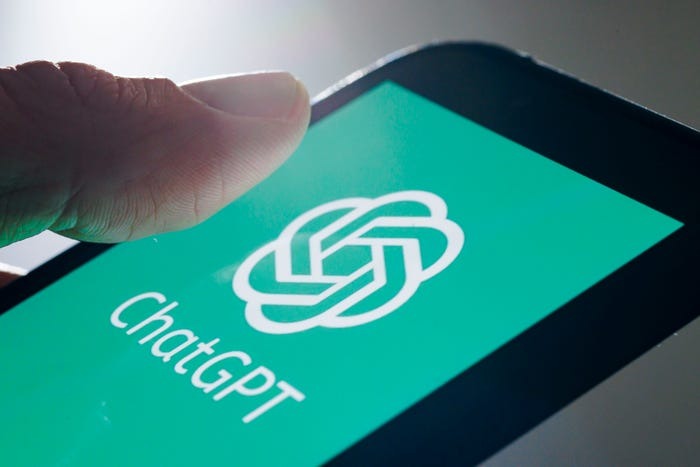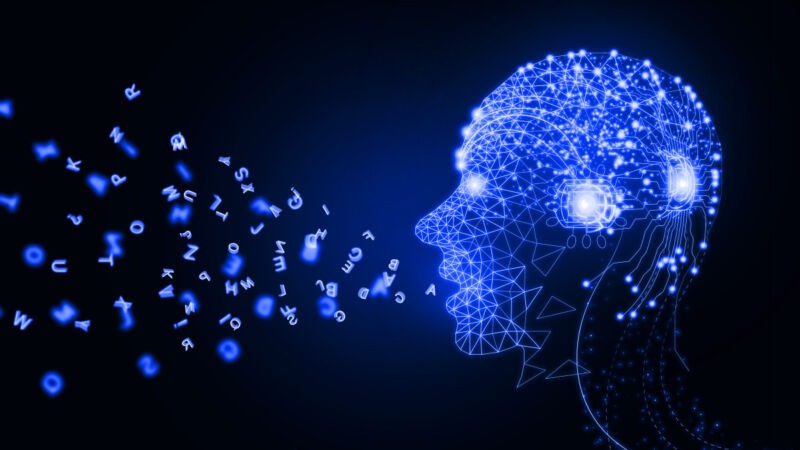In a chilling turn of events, a ChatGPT user was left stunned when the AI chatbot unexpectedly began speaking in their own voice. This startling incident has sent ripples through the tech world, sparking debates about the implications of AI voice cloning technology.

How Did This Happen?
The exact details surrounding the cloning incident remain shrouded in mystery. However, it is believed that ChatGPT’s advanced language models were able to analyze the user’s voice patterns from previous interactions. This data was then processed to create a remarkably accurate voice imitation.
The Implications
This incident underscores the rapid advancement of AI technology and the potential ethical dilemmas it poses. If AI can convincingly mimic a person’s voice, it opens doors to a range of possibilities, both positive and negative.
On one hand, this technology could revolutionize voice acting, dubbing, and accessibility for people with speech impairments. On the other hand, it raises concerns about deepfakes, identity theft, and the potential for malicious use.
OpenAI’s Response
OpenAI, the creators of ChatGPT, have yet to publicly address the incident. However, given the company’s previous stance on AI safety, it is likely that they are investigating the matter thoroughly.
The Road Ahead
As AI technology continues to evolve, it is crucial to establish robust ethical guidelines and regulations. This incident serves as a stark reminder of the importance of responsible AI development and deployment.
While the cloning of a user’s voice is undoubtedly a significant leap forward for AI, it also highlights the urgent need for safeguards to prevent misuse of this powerful technology.










Add Comment